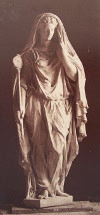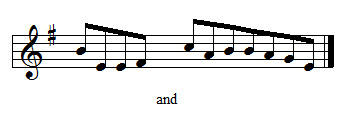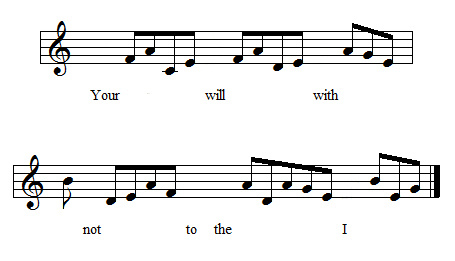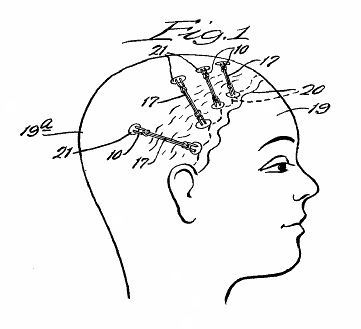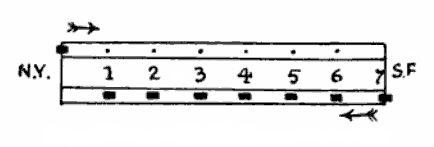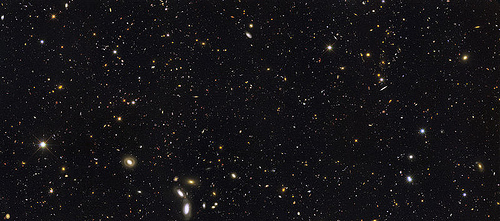The editor of the Milford (Del.) Beacon, was shown, a few days go, a coin — a composition of copper and brass — found on the farm of Mr. Ira Hammond, about two miles from that place. It is over 600 years old, bearing, date 1178; on one side is a crown, and upon the other the words ‘Josephus, I D J-PO RT-ET-AL G-REX,’ very legible, and the work well executed. This coin is about two hundred years older than the discovery of America, and the question very naturally arises, where did it come from?
— Scientific American, 6:250, 1851
UPDATE: Another mystery solved: A reader points out this entry in the U.S.
Bureau of the Mint catalogue of coins and tokens:
Gold
16. Meia dobra, 1768. (R). 6*Jy.
JOSEPHUS.I.D.G. – PORT. ET.ALG.REX.
Laureated bust, draped, to right; below, R 1758. Rev. Garnished shield
of arms of
Portugal, crowned. Edge, wreath. 32 mm. ; 216 grs.
Probably Scientific American‘s correspondent discovered a Portuguese coin from the 18th century and misread the date. (Thanks, John.)

